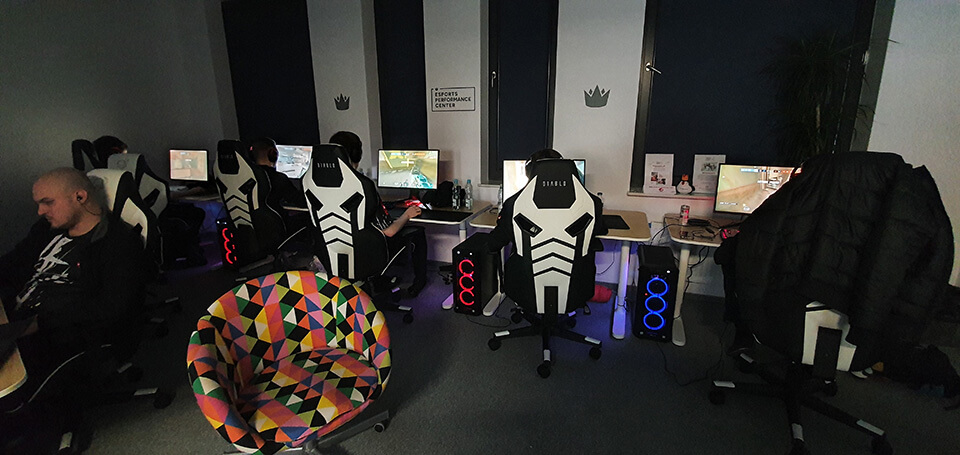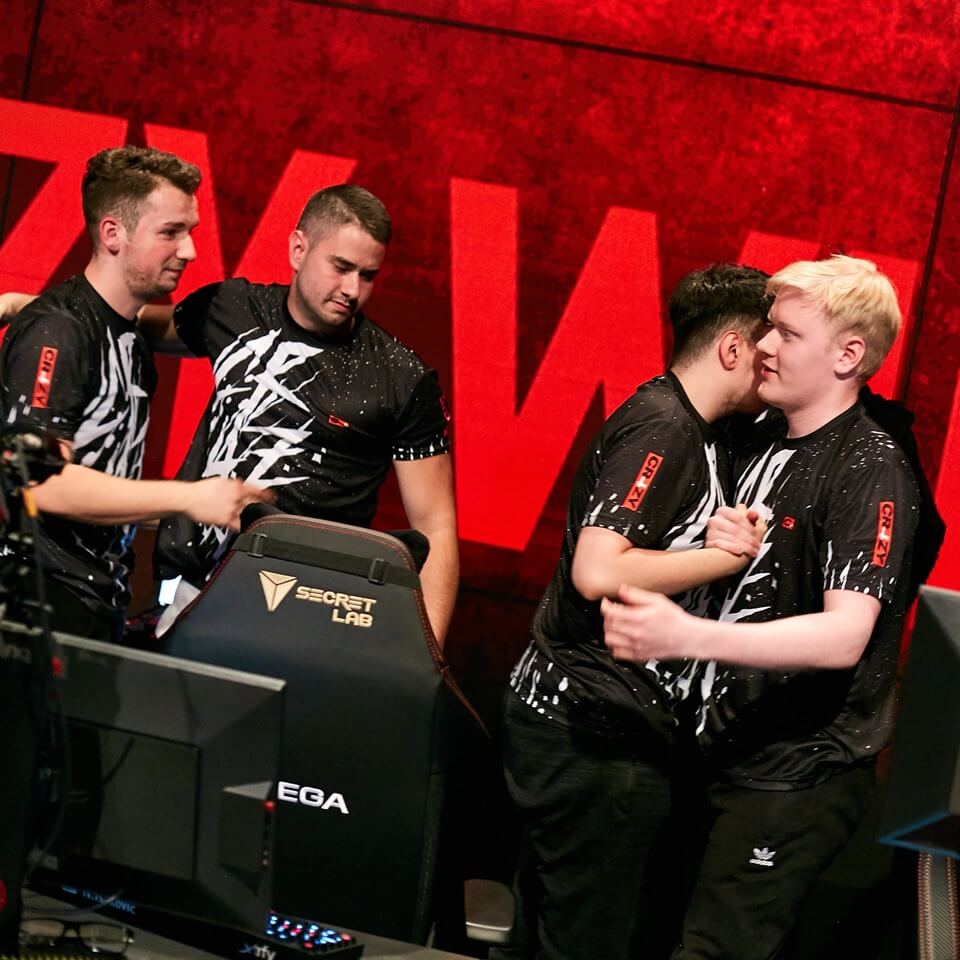Today’s world is characterized by the drastic development of technology that results in changes in all aspects of our lives. One of the most developed areas that have received a lot of attention, especially in the past few years, is the area of video games or esport.
What is esport?
Esport is a competition in which the players are competing against each other in a video game regardless of the medium on which video games are played (PC, PlayStation, Xbox, etc.). In the past few years, the popularity of video games has grown rapidly, esports has developed and more and more kids are striving to become part of the ever-growing industry. Since the competition within esports is increasing a similar trend can be seen in the pressure that players feel in order to be the best. Due to all these factors, esport players have become the new victim of a perpetrator under the name burnout.

What is burnout?
Burnout can be described as a state of long-term and chronic stress that leads to emotional and physical exhaustion followed by the person’s inability to function properly. The fierce regime, complete commitment to training and the demands that are expected of players lead to them developing a strong feeling of stress and great pressure. If players don’t have a way to cope with those unresolved feelings, then that could lead to burnout.
What are the symptoms of burnout in sports?
Esport players who experience burnout are often impulsive, have trouble concentrating while playing and during other activities and have trouble making decisions in stressful situations. These players often don’t feel success and joy during their game or after the victory and are too fixated on the loss they might encounter. They often blame themselves for that loss, they get frustrated and they take out those frustrations on their teammates. In such a state, the player does not see the point in continuing to play and may give up thus ending his career prematurely. After being exposed to a long-term and unresolved burnout, the player does not feel satisfaction while playing the game and does not see the point in continuing which can result in a complete withdrawal from playing.

How to avoid burnout and how to get rid of it?
One possible solution lies in emphasizing the primary reason why an individual started playing video games in the first place – fun. Players who have entered professional waters often forget the primary purpose of video games. Also, coaches often put the emphasis on maintaining a difficult and rigorous training plan, thus putting the well-being and satisfaction of the players in second place. Occasionally involving players in creating the training plan can create a sense of freedom and feeling of control in players. Setting achievable goals and realistic schedules pays off more in the long run if compared to a rigorous schedule that may yield results quickly but has disastrous consequences for the team in the future. Due to the cluttered schedule, players often don’t have enough time for rest and other activities that relax them. A good balance between work and rest time is the secret behind every happy individual, esport players are not excluded.
Players often enjoy spending their free time doing various physical activities. For this reason, some teams hire their own fitness trainer with whom players work on their physical fitness and relaxation after a hard day of work. Physical exercise is quite important in esport because, although it doesn’t seem so, injuries are very common among players. One of the physical consequences of constantly playing and being in the same position is pain and numbness in both hands caused by a pinched nerve. To alleviate these consequences, players go to see a physiotherapist in order to get massages. In addition, team leaders prepare a diet plan to ensure that their players are happy and taking care of their health. By improving the physical aspect of their health, they are also trying to improve players’ mental health. Joint dinners and gatherings are organized in the form of team building where the players get to know each other better and thus increase the feeling of cohesion within the team. Given that most players are young and that contracting players from other teams and countries is not uncommon, players who are separated from their families often feel sad. In order to reduce the negative aspects of distance from the family esport team, Dallas Fuel has introduced the possibility of family visits even during the season. The last, and perhaps the most important thing players need to look out for is sleep. After a long day that tires them mentally and physically, the main way for them to recover is to sleep, with special attention given to the quality, length, and regularity of sleep. It is recommended that players should be going to bed and waking up at the same time every day, that the length of sleep itself should be 8 hours every night and that this sleep needs to be uninterrupted.
Furthermore, in addition to a trainer working on physical fitness, they need someone to work with them on their psychological preparedness. That is why more and more coaches are putting the team in the capable hands of psychologists so that they can work with them to reduce stress and prevent burnout and, consequently improve the performance itself.
If you are interested in how Luka Škrinjarić worked with the Croatian esport team Cr4zy on their performance, well-being, and also how mental training can fit into esport, watch this video.

Burnout is one of the main threats that knocks at the door of esport players and one of the main reasons why the lifespan of esport players is so short. Recently, more and more people have started investing in teams, and they have started to include psychologists in their work in order to improve the mental health and satisfaction of players. As the popularity of video games grows, so has the interest in exploring the pros and cons of doing esports. However, much more effort and resources are needed to bring about the development of the industry itself and at the same time shed some light on the need to understand and prevent burnout among players.

Maja Grgurić, univ. bacc. psych






